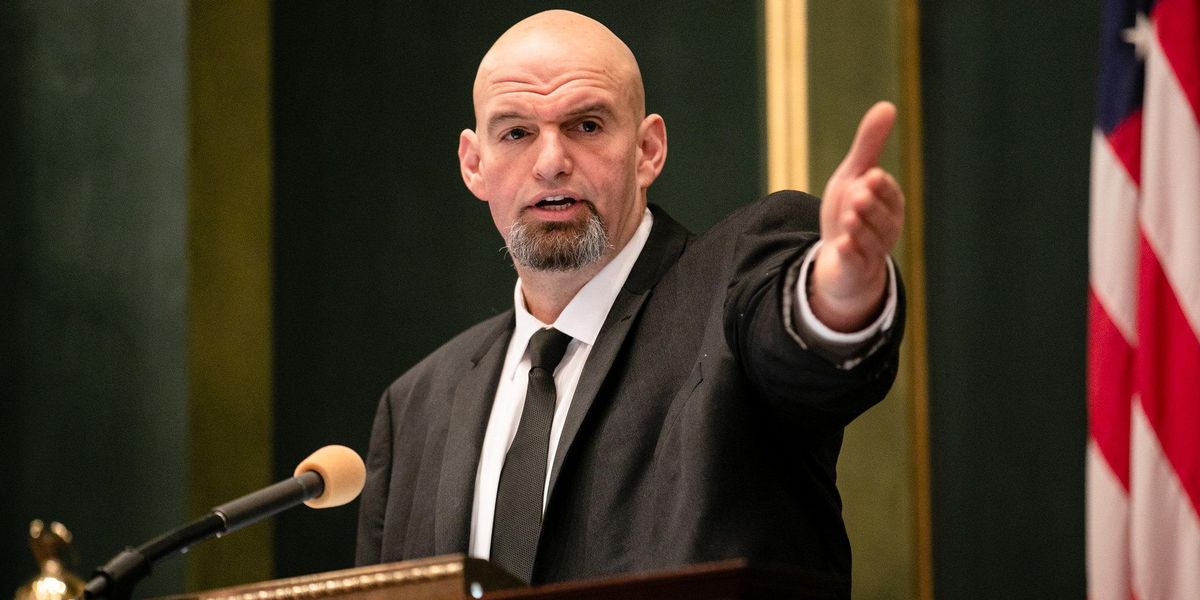
Peter Dykstra: Election Day and beyond
The environment gets orphaned yet again.
There’s no doubt that there’s plenty for House and Senate candidates to talk about as the midterm elections near: inflation, gasoline prices, Putin and Ukraine, Xi and China, race and crime, guns, education, immigration and more.
But all of these issues have crowded out – once again – the only issue that’s certain to be with us 30, 50 or even a 100 years from now: climate change and environment.
Only in Florida
In Florida, things are not going well for the two statewide candidates who have spoken out more strongly for action on climate change. Democrat Val Demings is an Orlando-area Congresswoman who is challenging Republican Marco Rubio for his Senate seat.
Demings is a former police chief and, while the environment is not her signature issue, she boasts a 97% lifetime score from the League of Conservation Voters. Sen. Rubio’s score is 7%, and he has often voiced doubt about climate change science. Both numbers are typical for their respective parties, but it's worth pointing out that the scientific consensus puts Rubio’s Dade County home below sea level at some point in this century.
In Florida’s governor race, Democrat Charlie Crist (94% LCV as a Congressman), who represents a Gulf-side Congressional district, is challenging incumbent Republican Governor Ron DeSantis (2% in his prior Congressional career). Crist served as a moderate Republican governor who often clashed with Senator Rubio over climate change a decade ago. Sen. Rick Scott, now Florida’s junior Senator, succeeded Crist as governor and famously barred state employees from mentioning climate change. Then Crist switched parties.
Got all that?
As I write this 11 days before the election, pollsters tell us that voters in the state — arguably one of the most deeply affected by climate change in the U.S. — will likely send Demings and Crist down to defeat.
And in all of this, discussion of climate change has taken a back seat to the nationally chosen issues of the day.
Fracking flip-flop

Last Tuesday, Fetterman asserted that he had “always” supported fracking.
Credit: Governor Tom Wolf/flickr
In Pennsylvania, a climate-driven flip-flop headlined last week’s Senate race debate. The fracking industry claims to employ 80,000 Pennsylvanians, making it an economic powerhouse. Initially embraced by many as a benign “bridge fuel” to cleaner alternatives, many, like Democratic Lt. Gov. John Fetterman, came to oppose fracking as its environmental risks became clear.
Last Tuesday, Fetterman asserted that he had “always” supported fracking and those 80,000 jobs.
In May, he suffered a stroke, leaving some voters skeptical about his ability to serve. All of a sudden, Fetterman’s ascendance to a U.S. Senate seat was in doubt. And that meant that Democrats’ control of the Senate was in doubt.
And that meant that U.S. climate policy might be in doubt as well.
Mississippi Mud and Arizona Dust
Farther west, the Mighty Mississippi is showing America its bottom -- the driest the river has ever been. Why is this not a major issue? The ideologies of environment and commerce agree so completely. Climate change has screwed both the river and its barge traffic, with national impact.
Or look at the Colorado River, with its bathtub rings of exposed rock and loss of hydro power. Can we talk about this please?
And one more…
October 29 is the 10th anniversary of Superstorm Sandy. November 8 is the date for a surprisingly close election for governor of New York. Climate change, anyone?
It astounds me that climate-linked disasters have been out-shouted in campaign ads, rallies and debates. But they have.
Sanity, anyone?
Peter Dykstra is our weekend editor and columnist and can be reached at pdykstra@ehn.org or @pdykstra.
His views do not necessarily represent those of Environmental Health News, The Daily Climate, or publisher Environmental Health Sciences.













